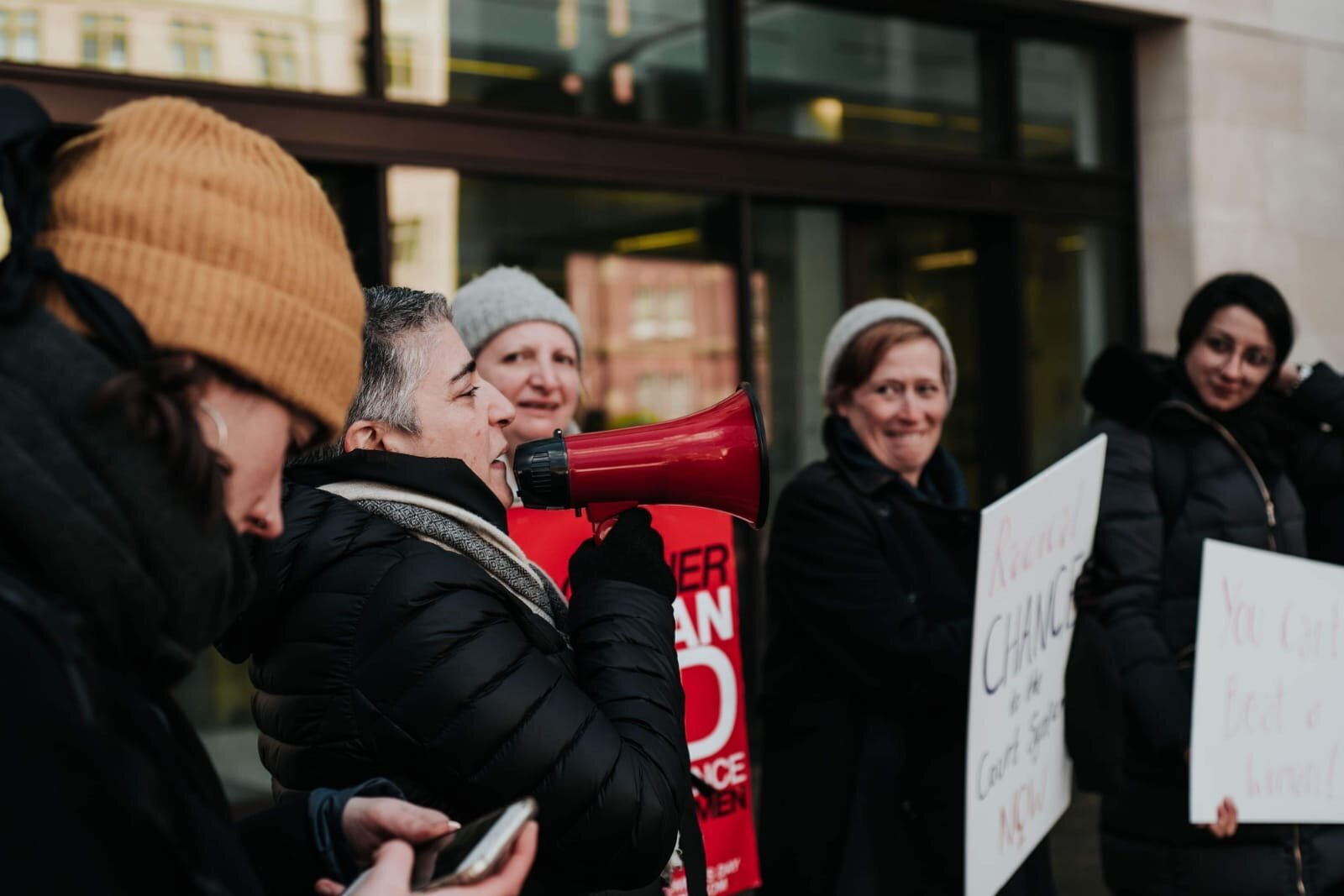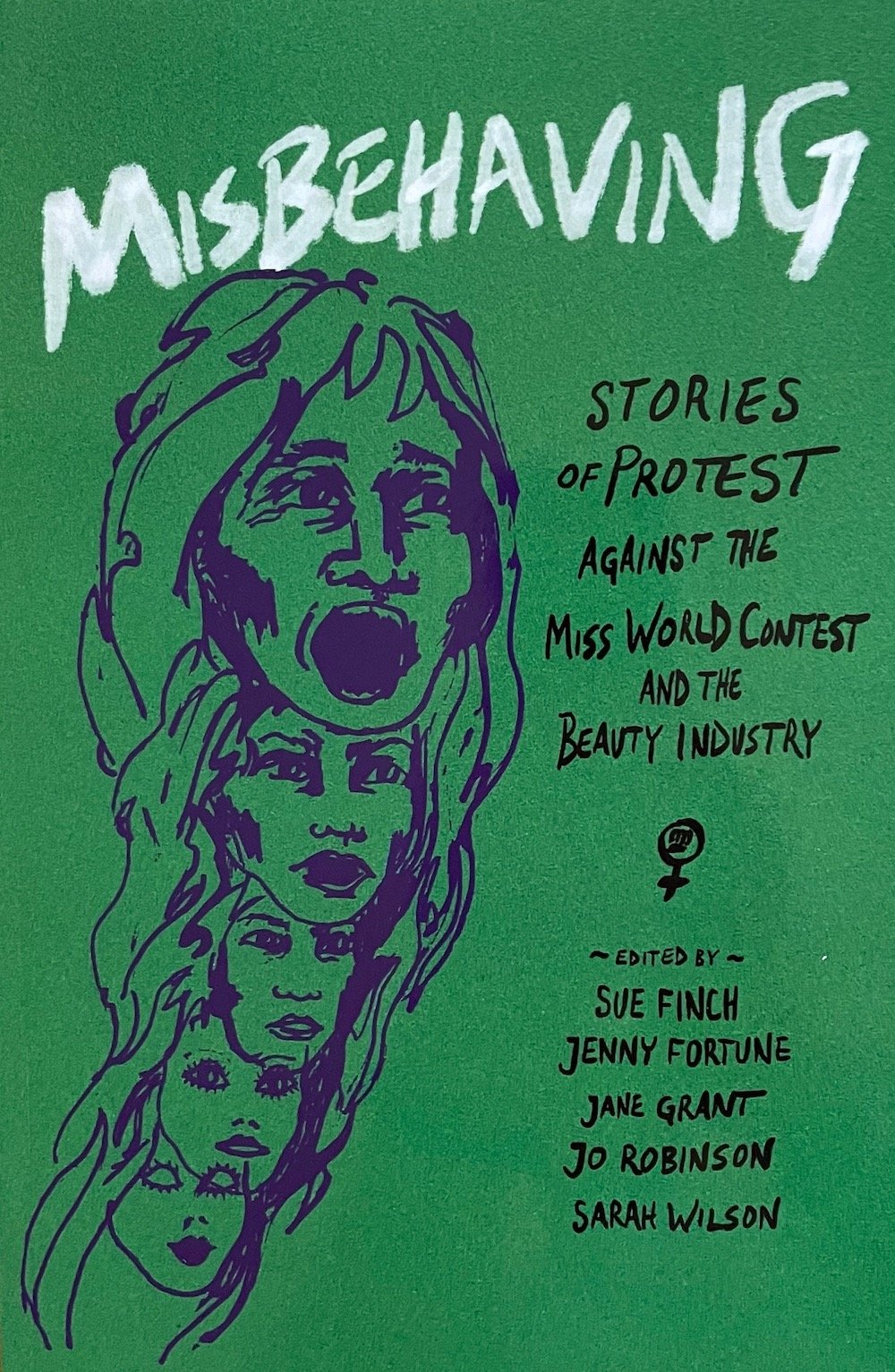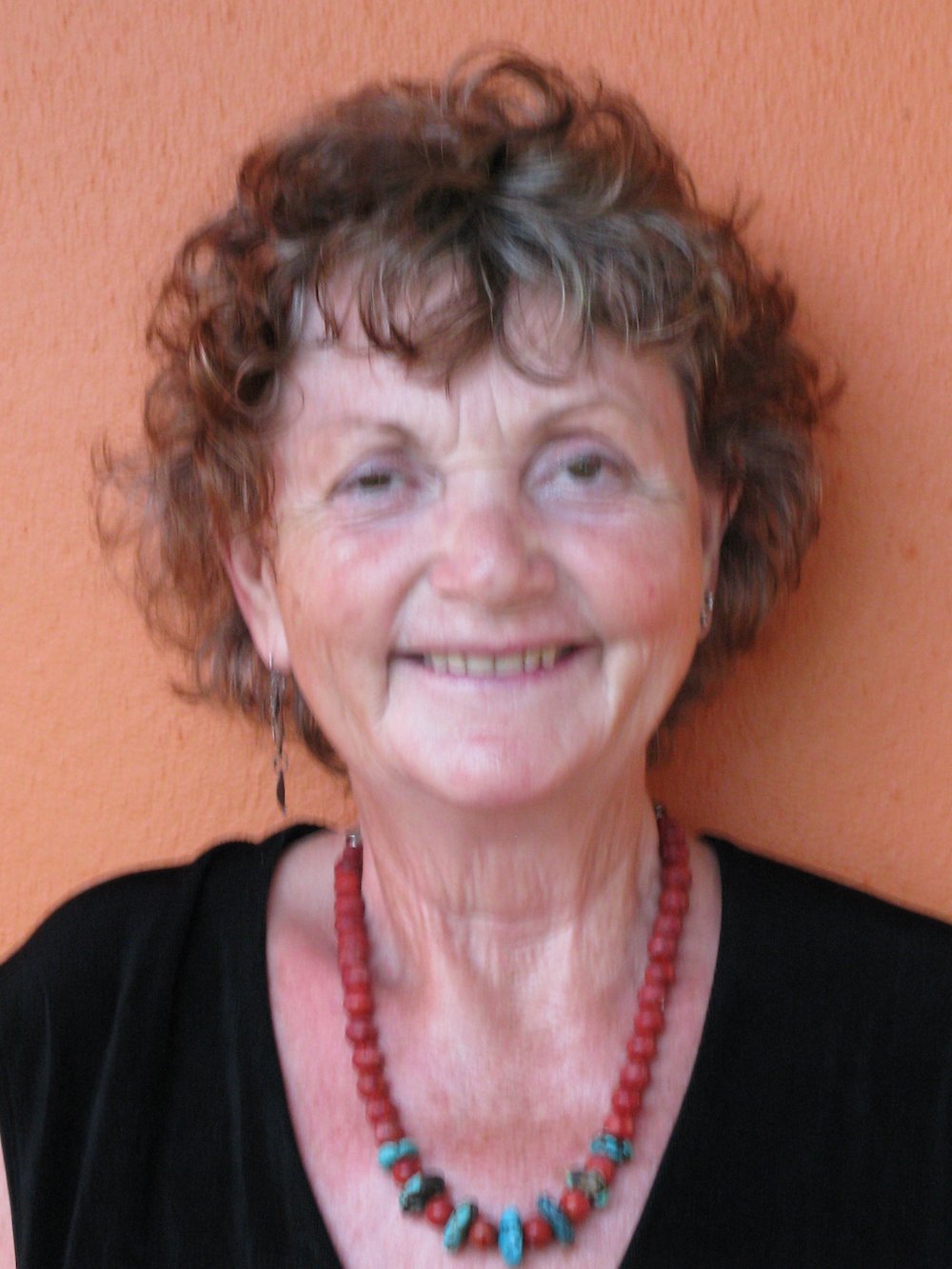Protests at the Miss World contest in 1970 attracted headlines around the world and were televised live to over 100 million people. In this post, Sue Finch, Jenny Fortune, Jane Grant, Jo Robinson, and Sarah Wilson reflect on what took them into the women's liberation movement, how they organised, why they were protesting and of women's arrests and trials.
Learn about the causes we are fighting for and how you can get involved.
Narrow your search or read everything.
Renata Klein from Spinifex Press introduces its new book ‘Not Dead Yet’, an anthology of feminist activism. The book passes on the exhilaration, stresses, anger and joy older feminists have experienced through their 40 or more years of feminist activism to the younger generation helping them to make sense of their past and present.
In this episode of the FiLiA Podcast, Gill Hague discusses how her new book, History and Memories of the Domestic Violence Movement, showcases the campaigning zeal on which policies, services and awareness-raising on male violence against women in the UK and across the world were built by the women of the liberation movement.
Sarah Pedersen, Professor of Communication and Media at Robert Gordon University, introduces her new book, 'The Politicization of Mumsnet', an investigation of the growing politicization of Mumsnet and its use by politicians to influence middle-class women in the UK. The site's discussion topics go far beyond traditional 'mothering' subjects and encompass politics, feminism and current affairs. Understood as a safe space for gender-critical voices, the site has spawned real-life activism and continues to be both praised and attacked for its support of free speech on controversial subjects.
We’ve reached a small milestone in our team: 100 episodes of the FiLiA podcast. To celebrate this very special episode, I spoke with a few of the amazing women who bring life and magic to FiLiA - Lisa-Marie, Julian, Sally, Kruti and Raquel. Their reflections, insights and discussion can be heard here, covering the three charitable aims of FiLiA: building sisterhood and solidarity, amplifying the voices of women and defending women’s human rights. The team discuss highlights and challenges of the journey this brilliant feminist charity has been on so far, the importance of organising an annual gathering for women to speak together and where FiLiA plans to go. Women joined the discussion from the Welsh Hills, London, Portsmouth and the Dominican Republic (so we hope listeners will forgive us if the audio isn’t perfect) to share FiLiA memories, feminist insights, favourite quotes, and ways to support our work.
The Daily Mail would have strongly approved of Hans Christian Anderson’s ‘Little Matchgirl’.
She died of hypothermia and starvation, but did so quietly; as workers should, as women should. The Mail and its readers would probably have clapped for her and called her a ‘hero’- once she was safely dead. But it's unlikely they would have lifted a finger to save her whilst alive.
Frauenkultur is a comprehensive online resource archive for second wave feminist texts written between 1965-1995. The archive is meant to act as a central hub, for young women and girls especially, to discover the range and multiplicity of second wave feminist writing and to create intergenerational linkages with women’s work of the past.
There are so many incredibly inspiring examples of female musicians throughout history and across genres, using music to bring a voice to the voiceless of turn a spotlight on a vital social or political struggle. Whatever type of music you like, or cause you are interested in, do some digging and you will be sure to find a soundtrack that will educate and elevate.
Recording from the Sunday Closing Session of the FiLiA 2019 Conference. Featuring a number of women speaking, including:
Sharena Lee Satti, author and passionate poet from Bradford, who speaks openly about her past and encourages others to find their voice through art and self-expression.
Megan Armitage, 19-year old university student and great-granddaughter of Bradford suffragette Lilian Armitage.
Dr Akima Thomas, Black feminist activist from a background in nursing, social work and psychotherapy. Founder and Clinical Director of Women and Girls Network which is a holistic therapeutic service working with women and girls surviving VAWG.
In her study of employment figures for behind-the-scenes women working on the top 250 domestic grossing films in 2011, Dr Martha M. Lauzen of San Diego State University found that women comprised only 18% of all directors, executive producers, producers, writers, cinematographers and editors working on the US top 250 domestic grossing films. This represents an increase of 1 percentage point from 1998. Women accounted for 5% of directors, which is half as many as were directing films in 1998.
At times it is easy to despair that this fight must continue. But history reminds us feminism never starts from a good place: it is borne from oppression. History also reminds us of the great victories that arose from that day at Ruskin fifty years ago. It is an honour to celebrate those feminists who made so many of our lives and achievements possible, and with whom we stand in sisterhood today.
The Women’s Holiday Centre was set up in 1979 following discussions between women from Gingerbread, Women’s Aid, Social Services, the Citizens Advice Bureaux and mental health organisations. An acute need was identified for low price holiday accommodation, in a friendly and supportive environment, for women and children who were otherwise restricted by their circumstances.
My first job in publishing was as an editor at Penguin Books Australia from 1987-1991. I remember telling myself to 'not be a daddy's girl' and 'to unwork the system' as Valerie Solanas said back in 1967. It was good advice to myself and I set out to get into print as many lesbians, radical feminists, Indigenous writers, migrant and working class writers as I could. And by the time I left four years later, I had a pretty good record. But as the recession came and minds closed, ‘risky’ books were no longer welcome.
Yours in Struggle: how secondwave feminist periodicals mediated internal conflict and formed political theory
Secondwave feminist periodicals: not to be underestimated
By Bec Wonders
Women’s publishing experienced an unprecedented moment between the late 1960s and early 1990s in the U.K., the U.S., Canada, France and notable examples in India. Women’s bookstores, publishers, periodicals, distributors, editors and printers acted as a foundational mechanism for feminist theory to circulate and develop. During the secondwave of feminism, periodicals in particular made up the mortar which glued together different strands of thought and organizations, building the irregular but impressive superstructure of the women's liberation movement. It is through communication in secondwave feminist periodicals that we get a glimpse into the inner workings of the movement. With the advantage of being able to look back, we have a duty as feminists today to engage with these highly laboured documents.
























